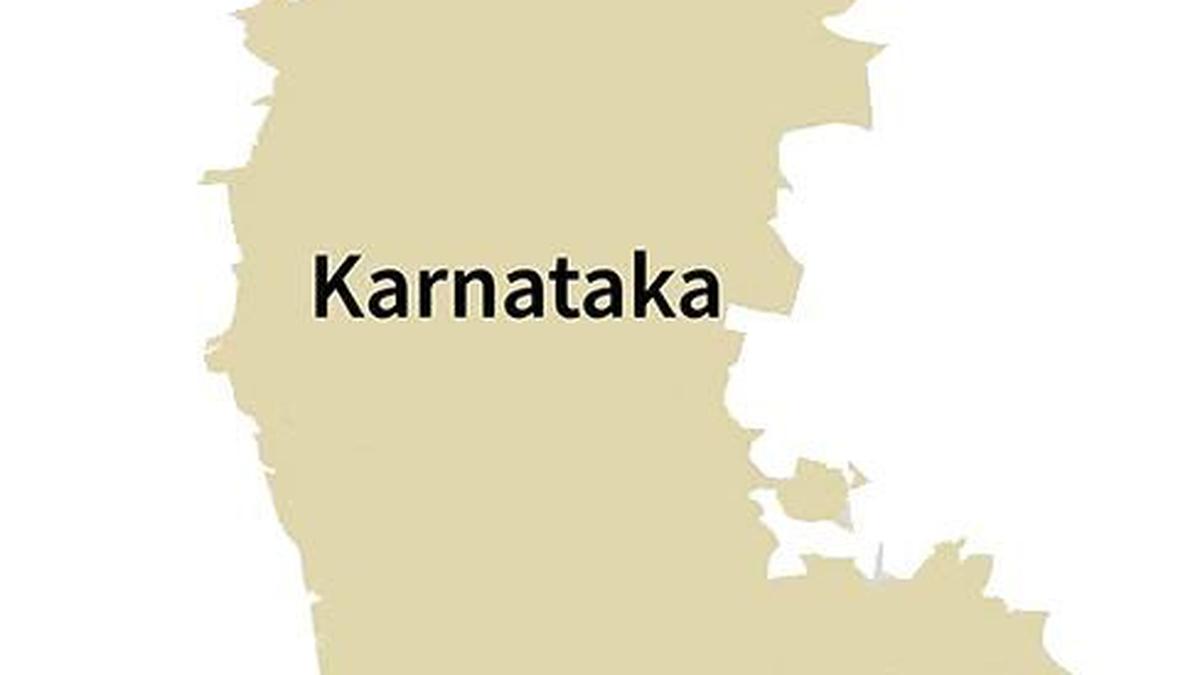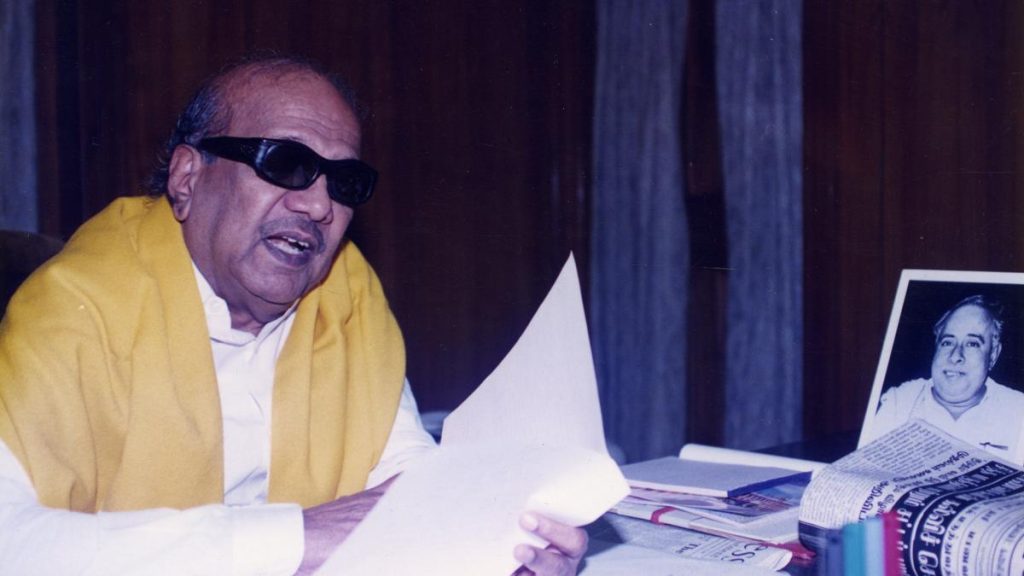Now Reading: Buzz Builds Around Habba Celebration
-
01
Buzz Builds Around Habba Celebration
Buzz Builds Around Habba Celebration

Swift Summary:
- The Siddaramaiah-led Congress government in Karnataka has invited Booker Prize-winning author Banu Mushtaq to inaugurate the Mysuru Dasara festival on September 22, sparking controversy.
- BJP and it’s affiliates oppose her selection due to her religious identity and past activism, viewing Dasara primarily as a Hindu event rather than a multi-dimensional state festival.
- Ms. Mushtaq has stated she respects the festival’s shared culture rooted in tradition while emphasizing inclusiveness.
- Critics resurfaced an old speech wherein she questioned Kannada language depictions as “goddess Bhuvaneshwari,” citing exclusionary iconography-intensifying opposition against her activism and ideology.
- Ms.Mushtaq is not the first Muslim invited to inaugurate Dasara; K.S. Nisar Ahmed did so in 2017 amid lesser uproar, though progressive reforms of the Mysuru Wadiyar dynasty have historically faced orthodox resistance too.
- Pramoda Devi Wadiyar of Mysuru’s erstwhile royal family differentiated between secular and religious aspects of Dasara celebrations but voiced objections against certain government statements.
- BJP seeks to link this decision-and broader controversies like SIT probes into alleged incidents at Dharmasthala-to accuse Congress of “anti-Hindu” politics.
Indian Opinion Analysis:
The decision to invite Banu Mushtaq touches upon larger questions regarding cultural identity, inclusivity, and evolving traditions within Karnataka’s foundational festivals like Mysuru Dasara-historically influenced by both religion and progressive modernization under rulers such as Nalvadi Krishnaraja Wadiyar. While differing perspectives on cultural portrayal are natural in pluralistic societies, polarizing political narratives risk detracting from constructive dialog about maintaining balance between heritage preservation and societal progress.
Key implications for India include examining how identities interact with conventional spaces without undermining their historic essence or alienating communities invested in them for generations-a challenge relevant across diverse festivities nationwide today amidst increasing communal sensitivities.






















